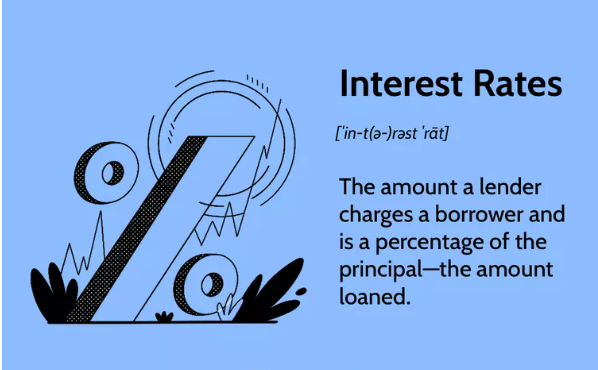Understanding Interest Rate Changes: What They Mean for You
Interest rates may sound like something only bankers and economists worry about, but in reality, they affect your everyday finances more than you might realize. Whether you’re borrowing money, saving for the future, or investing, changes in interest rates can have a big impact.
Let’s break down what interest rate changes mean for you and how to adjust your money strategy when they rise or fall.
What Are Interest Rates?
An interest rate is simply the cost of borrowing money (or the reward for saving it). Central banks, like the Federal Reserve in the U.S. or the Central Bank of Nigeria, set a benchmark interest rate that influences the entire economy.
When central banks raise rates, borrowing becomes more expensive. When they lower rates, borrowing becomes cheaper.
How Rising Interest Rates Affect You
-
Loans and Mortgages Get Costlier
If you have a variable-rate loan, credit card debt, or plan to take out a mortgage, you’ll likely pay more in interest when rates rise. -
Savings Accounts May Earn More
The silver lining: higher rates usually mean banks offer better interest on savings accounts, CDs, or money market funds. -
Slower Business Growth
Companies face higher borrowing costs too, which can slow expansion and potentially affect job growth.
How Falling Interest Rates Affect You
-
Cheaper Borrowing
Lower rates make it easier (and cheaper) to borrow for big purchases like homes, cars, or business loans. -
Lower Savings Returns
The downside is that banks typically cut interest on savings accounts, which means your money grows more slowly. -
Stock Market Boost
Cheaper borrowing often stimulates business growth, which can drive stock markets higher.
What It Means for Your Investments
-
Stocks: Rising rates can make stocks more volatile, while falling rates often encourage growth.
-
Bonds: Higher rates push down existing bond values, but new bonds will offer better returns.
-
Real Estate: Mortgage rates directly influence housing affordability. High rates can cool the housing market, while low rates often fuel demand.
How to Prepare for Rate Changes
✅ If rates are rising:
-
Pay down high-interest debt as soon as possible.
-
Consider locking in fixed-rate loans before rates climb further.
-
Shift part of your savings to accounts or bonds that benefit from higher rates.
✅ If rates are falling:
-
Refinance loans or mortgages to take advantage of cheaper borrowing.
-
Reevaluate your savings strategy, since returns may decline.
-
Explore growth investments like stocks or real estate.
Bottom Line on Understanding Interest Rate Changes
Interest rate changes affect everyone, not just banks and investors. By understanding how rising or falling rates ripple through borrowing, saving, and investing, you can adjust your financial strategy to protect yourself and even take advantage of new opportunities.


